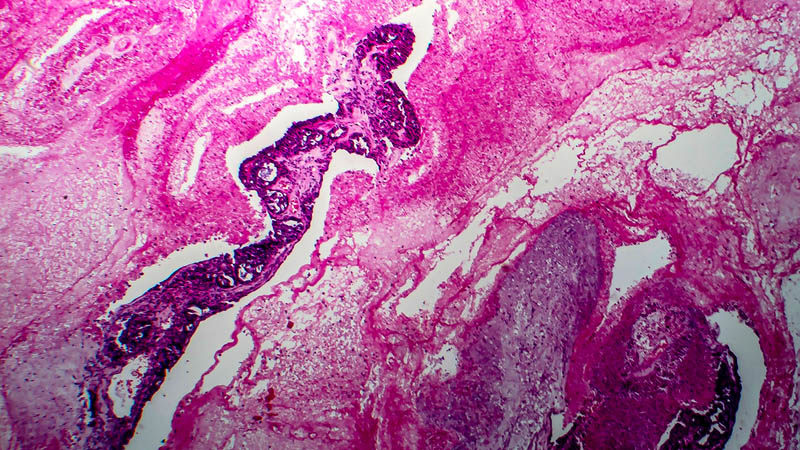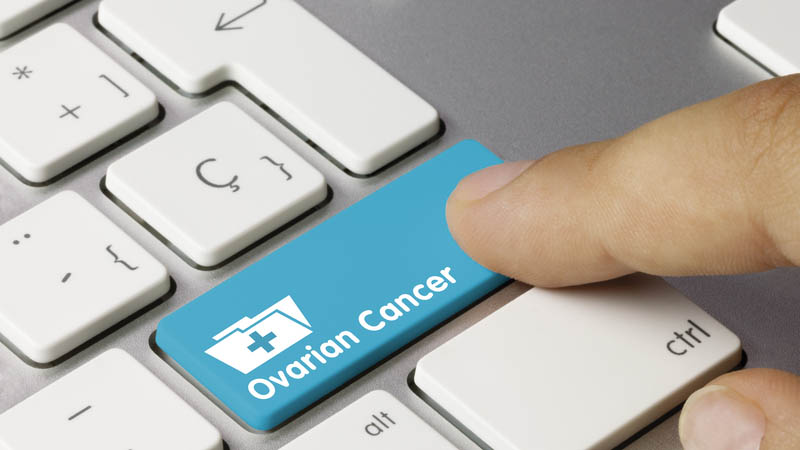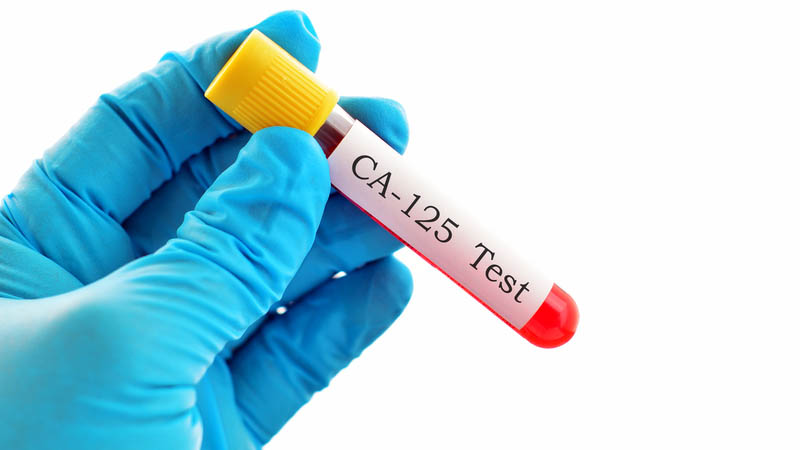Influence of recreational psychoactive substances on the development of gynecologic cancers
Anna Markowska1, Joanna Kaysiewicz2, Anna Makówka2, Rafał Staszewski3, Janina Markowska4, Monika Pawałowska4
 Affiliacja i adres do korespondencji
Affiliacja i adres do korespondencjiTea and coffee, beverages most commonly consumed by people, contain flavonoids, which have an antioxidant effect. It has been proven that green tea consumption protects against both precancerous lesions and cervical cancer. Black tea consumption is associated with a reduced risk of ovarian and breast cancer development in postmenopausal women. Drinking coffee lowers the risk of type I endometrial cancer. The majority of studies on postmenopausal women with breast cancer show a protective role of coffee, which seems to be related to the state of hormonal receptors. Alcoholic beverages, on the other hand, are classified as class 1 carcinogens and their metabolism generates harmful free radicals. Alcohol is also associated with an increased risk of HPV infection, which is in turn causally responsible for the development of precancerous cervical lesions. In addition, alcohol increases the risk of recurrence of cervical cancer. In the case of endometrial cancer the views are rather divergent. Some studies suggest that beer and wine may reduce the risk of cancer, while other studies show that other alcoholic beverages consumed in greater quantities increase that risk. While the consumption of wine is believed to reduce the risk of development of endometrioid ovarian cancer, there is no proof of the same effect on other histopathological types of this disease. This phenomenon may be associated with the protective effect of resveratrol. Various types of alcohol, on the other hand, have been proven to be conducive to the development of breast cancer.









